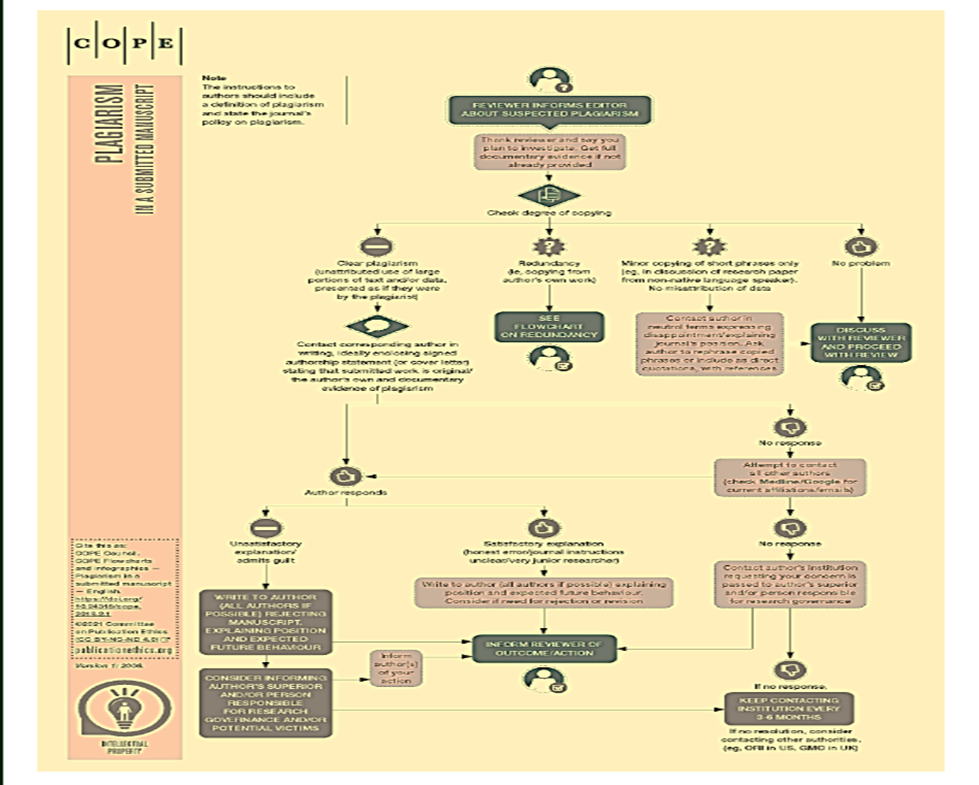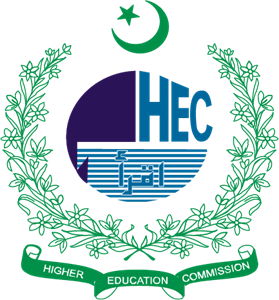Plagiarism Policy
According to the Concise Oxford Dictionary, Plagiarism is defined as "taking and using the thoughts, writings, and inventions of another person as one's own." It is strictly prohibited because it is academic dishonesty and is accountable for stealing the original authors' contributions.
NDU Journal follows the Higher Education Commission (HEC) plagiarism policy and uses Turnitin Originality Report software to safeguard and uphold academic integrity and foster original thinking. The journal allows an overall similarity of the content maximum of up to 19%, and single-source similarity must not exceed 5%.
The Editorial Board of NDU Journal has a zero-tolerance policy on academic dishonesty on any part or whole research paper being submitted for publication. Author(s) must take responsibility for academic ethics. In case, research misconduct occurs, including plagiarism, citation manipulation and data falsification/ fabrication, the editorial team of NDU Journal shall follow the Committee on Publication Ethics (COPE) Guidelines (or equivalent) in dealing with allegations.
COPE INSTRUCTIONS ON PLAGIARISM

Use of AI Tools
According to the Committee on Publication Ethics (COPE) Position Statement "AI tools cannot meet the requirements for authorship as they cannot take responsibility for the submitted work... Authors who use AI tools in the writing of a manuscript, production of images or graphical elements of the paper, or in the collection and analysis of data, must be transparent in disclosing in the Materials and Methods (or similar section) of the paper how the AI tool was used and which tool was used. Authors are fully responsible for the content of their manuscript, even those parts produced by an AI tool, and are thus liable for any breach of publication ethics."







